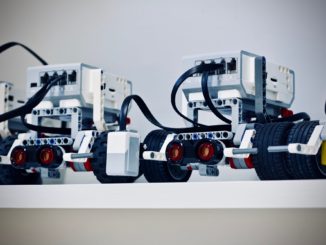
Robotics & Artificial Intelligence
PCT is emerging as a force in robotics. PCT lends itself well to the fields of artificial intelligence and robotics because it provides an exact mathematical framework to model psychological processes. […]

PCT is emerging as a force in robotics. PCT lends itself well to the fields of artificial intelligence and robotics because it provides an exact mathematical framework to model psychological processes. […]

In explaining how living things control their perception, PCT is clearly highly relevant to psychology. Contemporary articles are making the case to the wider establishment that closed-loop, circular causality is much closer to how living systems actually function than the approach researchers still use. […]
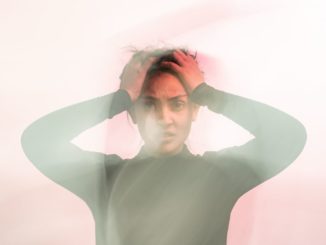
When people find themselves struggling control has been disrupted. It is the loss of control not control, therefore, that is the problem when people are psychologically distressed. […]

Education is about more than teaching. Within education we need to know how to motivate students, how can we maximise the degree to which people learn, and often, how do we manage students or pupils when they don’t want to learn, or they disrupt others? […]
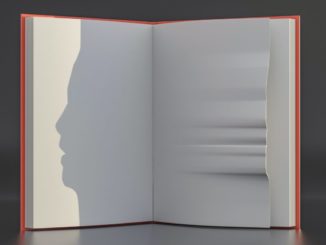
PCT takes a strongly scientific approach to human nature. It proposes that people and other living systems are purposeful – and that the systems that are responsible for purposeful action are explainable in mechanistic terms. […]
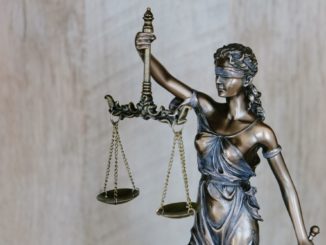
At present, the application of PCT to Law is at its early stages. Hugh Gibbons is one exception. He has co-authored a biological model of human rights based around the tenets of PCT and he also illustrates a case using PCT in this book, “The Death of Jeffrey Stapleton”, published online. […]
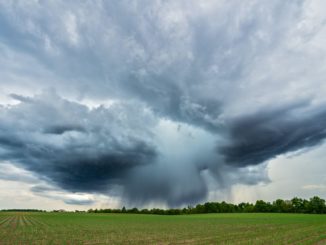
A comprehensive introduction to PCT and its implications for the social and physical environment, on a global scale, are described in an online article by Kent McClelland. There are also a number of online articles that relate […]
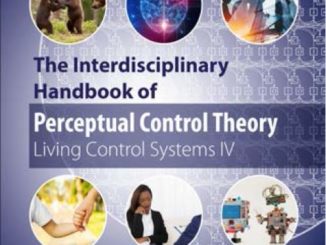
Edited by Warren Mansell First edition – May 16, 2020 The Interdisciplinary Handbook of Perceptual Control Theory brings together the latest research, theory, and applications from W. T. Powers’ Perceptual Control Theory (PCT) that proposes […]

Method of Levels introductory text to follow

Latest discussions in the Method of Levels section on Discourse […]

6-8 October 2022, we’ve organized our 32nd annual IAPCT conference, online. […]
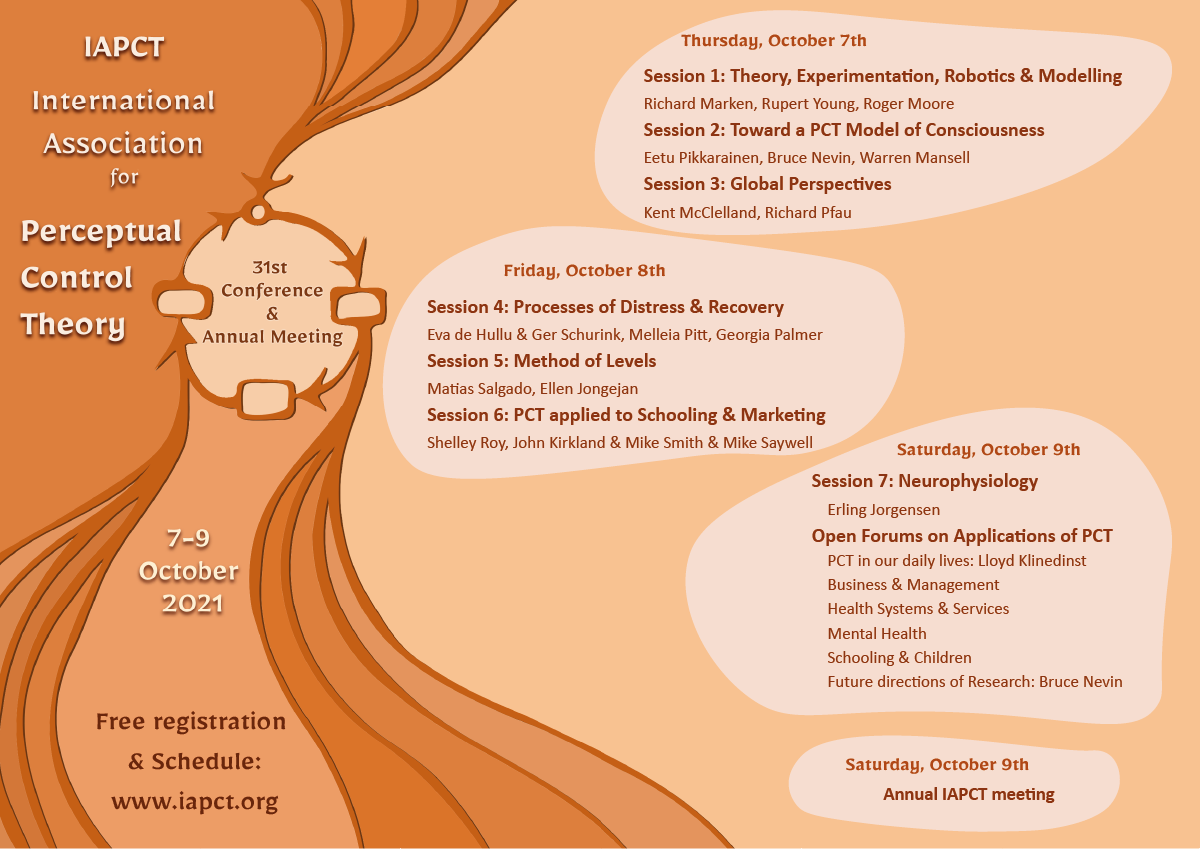
Perceptual Control Theory (PCT) is the science of purpose: how living things use their actions to produce intended results in an unpredictably changing environment. The technical term for this is control. PCT provides a unified and […]

“Lorem ipsum dolor sit amet, consectetur adipiscing elit, sed do eiusmod tempor incididunt ut labore et dolore magna aliqua. Ut enim ad minim veniam, quis nostrud exercitation ullamco laboris nisi ut aliquip ex ea commodo […]

Sociology involves understanding how people behave in groups, including how they communicate and interact with one another. PCT provides a way to understand how people’s goals operate when in groups, and we can use computers […]
Copyright © 2022 iapct.org